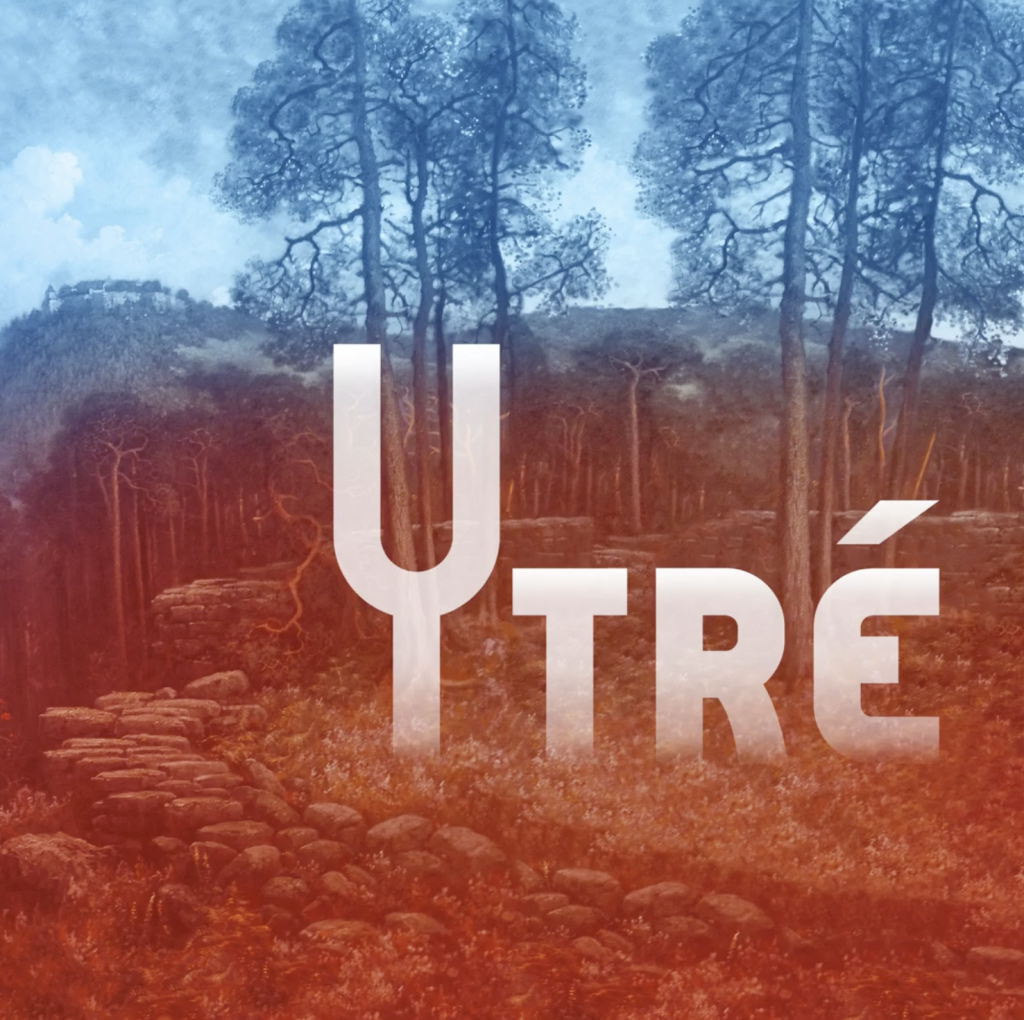Table of Content
Filed for bankruptcy on June 23, listing liabilities of more than $1 billion. Its goal was to grow Rotmans beyond its regional roots into more of a nationally and even internationally recognized retail brand. But Rotman said the pandemic halted those plans, keeping the store firmly entrenched with one location in its hometown. A reverse merger is a way for private companies to go public by merging with an existing publicly traded company such as Vystar.

That serves as an even more forbidding sign for Bed Bath and Beyond considering that titans such as Walmart and Target have been able to retain the number of people shuffling through their stores. Rubie’s, which manufactures costumes, wigs, and other festive gear, filed for Chapter 11 bankruptcy on April 30. Rubie’s claims to be the world’s largest designer and manufacturer of Halloween costumes. Movie theater chain Alamo Drafthouse is the latest big name to file for Chapter 11 bankruptcy.
Wholesale Merchandise, Closeout Supplier, Wholesale Supplier
The company hopes to solve its problem of declining sales and lower foot traffic by focusing more efforts on e-commerce and subscription services. Despite the company’s efforts, sales fell 8.5% to around $1.2 billion in 2017. The coronavirus pandemic, however, upended Modell's going-out-of-business sales, with retailers deemed non-essential forced to shut down for a period of time to try to help curb the spread of the virus. Modell's was later able to resume liquidation over the summer. It planned to close most of its roughly 190 stores, but going-out-of-business sales were stalled because of the pandemic. Those sales have since been able to restart at select locations.

Fashion Bug – plus-size women's clothing retailer that once spanned more than 1000 stores. Parent company Charming Shoppes, which owned other plus-size retailers including Lane Bryant, shuttered the brand in early 2013. Beauty and personal care brand L’Occitane filed for Chapter 11 bankruptcy on Jan. 26, citing challenges presented by the coronavirus pandemic. The 35-year-old company is expected to close some brick-and-mortar locations, per a press release issued on the filing. Denim and apparel retailer Lucky Brand filed for Chapter 11 bankruptcy on July 3. The company, founded in 1993, has been acquired by SPARC Group, which owns retailers such as Aeropostale and Nautica.
Toy stores
One home goods retailer has seen its sales soar during the coronavirus pandemic, with consumers flocking to its website and stores for new patio furniture and office accessories. And it has big goals to grow, while many retailers are slimming down, or some in its category like Pier 1 Imports are going out of business entirely. The wave of filings also means permanent store closures are piling up.

When Penney filed for bankruptcy, it still was operating roughly 850 stores. Gantos - a women's specialty clothing retailer based in Grand Rapids, Michigan. County Seat – founded in 1973, the denim-focused mall retailer expanded in the 1980s to nearly 500 stores. It filed for bankruptcy in 1996 and shuttered stores, and another bankruptcy in 1999 put the company out of business.
Rotmans holds going-out-of-business sale
In the years since the filing, Kodak has pivoted its focus from cameras to a number of other products, including cellphones, tablets, a digital currency called KodakCoin and commercial printing software. Its latest pivot is even more unexpected — in August, Kodak agreed to a deal for a $765 million government loan to produce ingredients used to make generic drugs, The Wall Street Journal reported. TJX plans to open new HomeGoods stores quickly and add the HomeGoods format to larger T.J. The company believes consumers will want to shop at both home stores, just like how people frequent both T.J.
CMX Cinemas, a chain of movie theaters with dine-in options, filed for Chapter 11 bankruptcy on April 25. The theaters, owned by parent company Cinemex Holdings, was in the process of acquiring the Star Cinema Grill, a deal that was inked only six weeks prior. True Religion, a clothing brand known for its jeans, filed for Chapter 11 bankruptcy on April 13.
California
Data and traffic tracking company Placer.ai has corroborated these gains at Target and HomeGoods, but also for Bed Bath & Beyond, Home Depot and Lowe’s. It suggested Walmart could be a winner as well, but cautioned that the giant mass merchant would need to work on its market positioning to fully take advantage of the shifts. The last of the money-losing Korvettes discount stores was closed Dec. 24, 1980.

Round and round it will go, where it will stop, only the consumer knows. That is likely to be the case for this newest round of store closings. Financial consulting company Telsey Advisory Group said it expects Wayfair, HomeGoods, Target and At Home to be best positioned to pick up share.
Founded by Abe "Al" Wexler in Everett, Washington in the late 1950s; sold 15 store chain to Paccar in 1987; Paccar sold chain in 1999 to CSK Auto which eventually rebranded stores as Schucks. TJX Companies, Inc., the parentretailerof TJ Maxx, Marshalls and Home Goods, said Thursday that it will have most of the company-owned stores reopened by the end of June based on COVID-19 government guidance. A couple of key warning signs have arisen that suggest the health of Bed Bath and Beyond is failing. Arecent reportthat came from analysts at Bank of America highlighted some of the biggest causes of concern erupting at the home goods store. Bank of America highlighted that Bed Bath and Beyond’s lackluster sales performance have forced the retailer to begin to cut costs wherever possible. This includes limiting the use of utilities such as air conditioning and significantly slashing employee hours.

Mervyn's – a California-based regional department store founded in 1949. Mervyn's ill-fated expansion out of West Coast markets in the months before a recession sent the company into bankruptcy in 2008. Gadzooks – Founded in 1983 as a T-shirt store, Gadzooks grew to a 250-store mall fashion retailer before making an ill-advised decision to discontinue menswear. The company was purchased by competitor Forever 21 out of bankruptcy in 2005, with its stores either closed or converted to F21 formats.
It eventually grew to 500 stores, including its American Greetings, Carlton Cards and Paper Destiny brands, CNN reported. The company never fully recovered from the 2008 financial crisis due to overexpansion and a decline in brick-and-mortar shopping. Although Papyrus stores are closed, you can still shop Papyrus-branded cards at other stores.


No comments:
Post a Comment